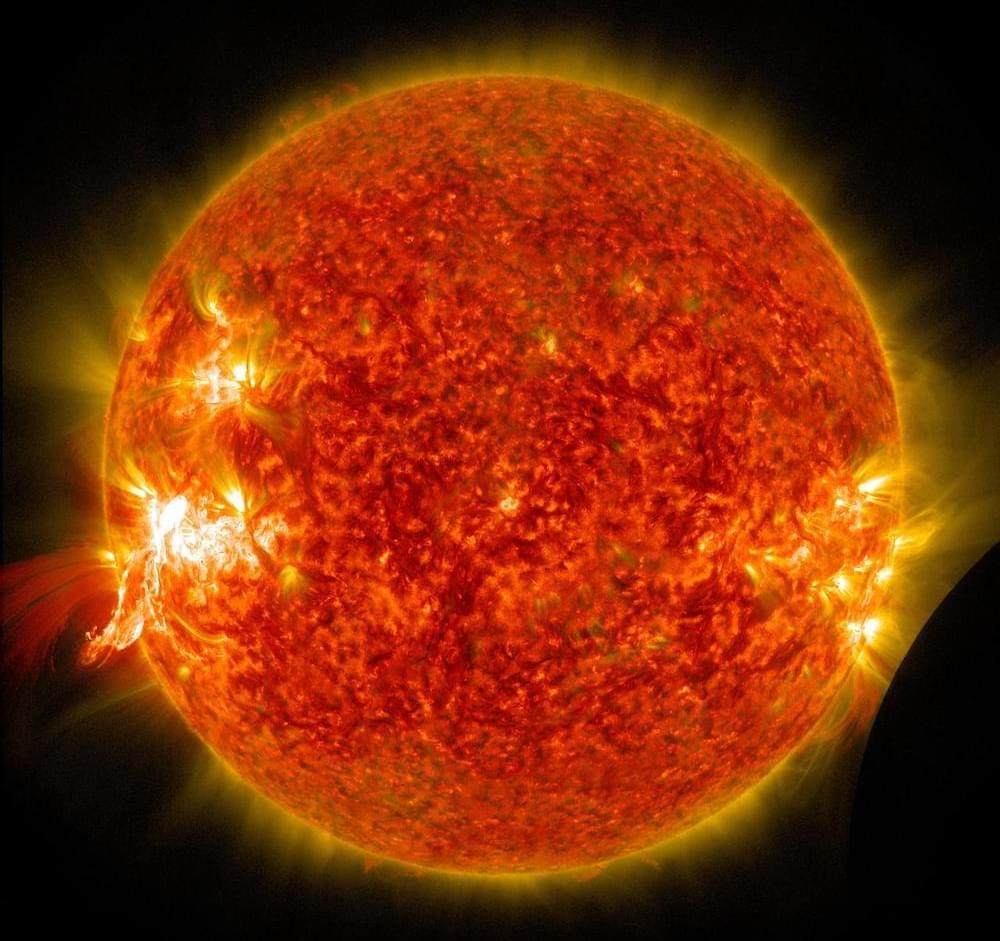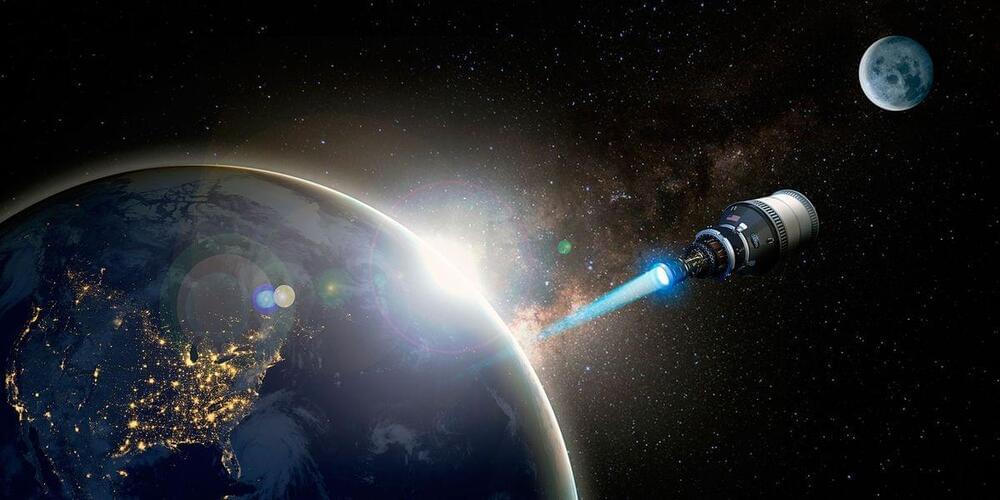Not sure if this is new or not. We all know about the Carrington event, but it looks like tree rings reveal a number of much more massive events in the past 10,000 years — perhaps 10 times as strong as the Carrington event, perhaps 100 times or more. (This particular article only references the lower estimates.)
Recasting the iconic Carrington Event as just one of many superstorms in Earth’s past, scientists reveal the potential for even more massive, and potentially destructive, eruptions from the Sun.






